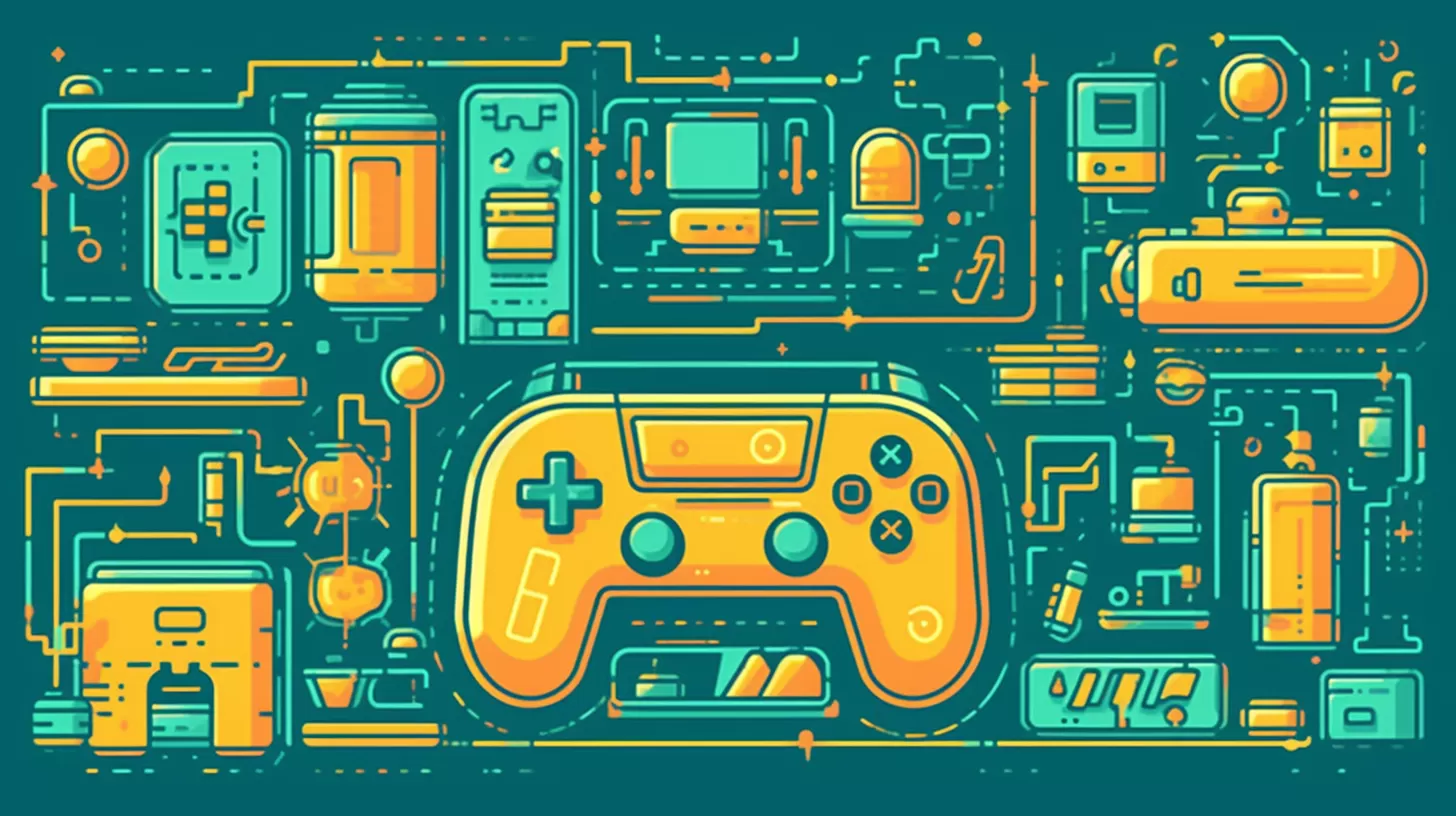The Fascinating Journey of Game Development: From Concept to Completion

The world of game development is a thrilling and ever-evolving landscape, with new technologies and techniques being introduced regularly. This article will provide an overview of the game development process, highlighting the critical steps, tools, and strategies required to create a successful game. Whether you're an aspiring indie developer or a seasoned professional, this guide will help you navigate the exciting realm of game creation.
-
Pre-Production: Conceptualization and Planning
Before diving into the development process, it's essential to have a solid game concept and plan in place. This phase typically includes brainstorming ideas, creating a design document, and outlining the game's core mechanics, story, characters, and aesthetic.
Keywords: pre-production, game concept, design document, core mechanics, game story
-
Choosing the Right Game Engine and Tools
The game engine is the foundation of your game, providing the tools and framework to bring your vision to life. Popular game engines like Unity, Unreal Engine, and Godot offer a range of features and capabilities to cater to different project requirements.
Keywords: game engine, Unity, Unreal Engine, Godot, game tools
-
Art and Asset Creation
Creating stunning visuals and engaging game assets is crucial for immersing players in your game world. This phase involves designing characters, environments, and other in-game objects, as well as creating animations, sounds, and visual effects.
Keywords: art, game assets, character design, environment design, animations, sound design, visual effects
-
Programming and Development
Once the game's design and assets are in place, it's time to start coding. This phase involves implementing the game mechanics, AI, and other interactive elements, as well as optimizing performance and ensuring the game runs smoothly across different platforms.
Keywords: programming, game mechanics, AI, optimization, cross-platform development
-
Testing and Quality Assurance
Game testing and quality assurance are essential to ensure your game is bug-free and enjoyable. This phase involves rigorously testing the game for technical issues, balancing gameplay, and gathering feedback from playtesters to refine the game experience.
Keywords: game testing, quality assurance, bug-fixing, gameplay balancing, playtesting
-
Marketing and Promotion
Successful game development doesn't end with a finished product. Marketing and promotion are vital to building anticipation and attracting players. This phase includes creating promotional materials, reaching out to influencers and the gaming community, and leveraging social media to generate buzz.
Keywords: game marketing, promotion, promotional materials, influencers, gaming community, social media
-
Launch and Post-Launch Support
Finally, it's time to release your game to the world. This phase includes launching on various platforms, monitoring player feedback, and providing post-launch support, such as bug fixes, updates, and additional content.
Keywords: game launch, platforms, player feedback, post-launch support, updates, downloadable content
By understanding the different stages of game development and utilizing the right tools and strategies, you can turn your creative ideas into engaging and successful gaming experiences. Stay up-to-date with the latest trends and technologies to ensure your games continue to captivate players for years to come.
